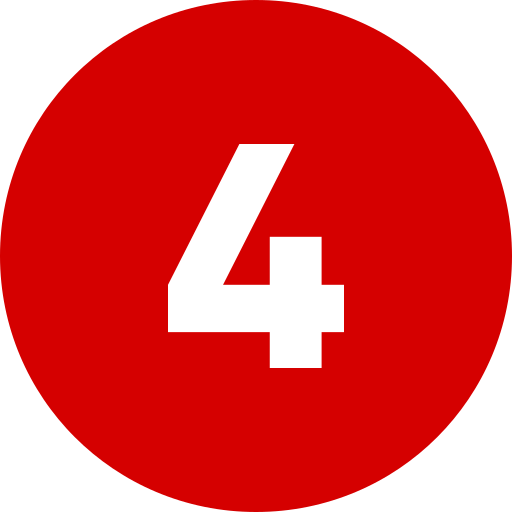Interviewing Skills

The Interviewing Skills Program is designed to help organizations improve their hiring process by equipping interviewers with the essential skills and techniques needed to select the best candidates. This program is tailored for hiring managers, HR professionals, team leaders, recruiters, and senior management who play a crucial role in recruitment.
Participants of this program learn how to prepare and structure interviews effectively, ensuring a consistent and professional approach. The training covers the creation of insightful interview questions that go beyond the basics to uncover a candidate’s true potential and fit for the organization. One key benefit of the Interviewing Skills Program is acquiring behavioral interviewing techniques, which allow interviewers to assess a candidate’s past performance and predict future behavior in similar situations.
The program also addresses important legal and ethical considerations, ensuring that interviewers understand the do’s and don’ts to avoid potential legal issues. Additionally, the Interviewing Skills training program emphasizes the importance of reducing biases and maintaining fairness throughout the interview process, leading to more objective and accurate candidate evaluations.
Individual Effectiveness
Get In Touch
Agenda of the
Interviewing Skills Program
Day One
Difficulties with the hiring process
The Cost of hiring
Identifying Competencies and developing a competency matrix
Job Analysis
Job Description
Shortlisting Resumes
Things to watch for
Developing a Resume-screening guide
Problems for Recruiters:
Talking too much
Relying on first impressions
Inconsistent questions
No plan
Recruiters should watch for:
Leniency/stringency factors
Error of Central Tendency
The halo/horns effect
Good Interviewing is:
Professionalism
Perception
Communication
Preparation
Non Verbal language: Yours and theirs
Day Two
Effective questioning techniques
Open and closed questions
Can & will questions
Behavioral questions
Holistic questions
Achievement questions
Probing Questions
- Open
- Pauses
- Reflection/mirroring
- Summary/Clarification
- Closed
Critical Incident Techniques
Other testing tools
Organizing the Interview
Opening
Discussion
Closing
Developing an Interview guide
Other considerations (cultures, disabilities, gender, etc.)
Checking references
Preparing a reference guide
Offers of employment
Review and evaluation
Topics Covered Under the Program
- Identify competencies and integrate them into a job description.
- Create and implement a fair and consistent interviewing process for selecting employees, using a variety of interview strategies, including behavior description interview (BDI) techniques.
- Enhance communication skills of listening, asking questions, and observing, which are essential for a skilled recruiter.
- Understand the questions that are not legal to ask.
- Have a format for checking references
Key Takeaways of the Interviewing Skills Program
By the end of the program, the participants will demonstrate an understanding of the following:

How to prepare as interviewer and how to prepare interviewee.

Skills required for effective interview and judgment.

How to judge the performance and potential.

Skills to judge Behavior and attitudes.
Learning Formats
The Interviewing Skills Program offers participants a unique and rich experience to ensure their maximum learning, higher retention, and better engagement.
In-person Workshop- Duration (2 Days)

Core Beneficiaries of the
Interviewing Skills Program
The Interviewing Skills Program is highly beneficial for a diverse group of corporate professionals such as,
- Hiring Managers
- HR Professionals
- Team leaders
- Recruiters
- Organizational leaders
FAQs
The various benefits of the Interviewing Skills Program are listed as follows:
1. Equip hiring managers with the tools to assess candidate skills and fit accurately.
2. By hiring the right candidates, organizations can decrease employee turnover.
3. Structured and professional interviews lead to a positive impression of the company.
4. Streamline the interview process to save time and resources.
5. Standardize interview techniques to ensure fairness and objectivity.
The participants of the Interviewing Skills Program acquire various skills and competencies to play a significant role in organizational growth and development. Below are some of the important aspects of this program.
1. Quality Hires: Ensures that interviewers can identify top talent efficiently.
2. Cultural Fit: Helps assess whether candidates align with the company’s values and culture.
3. Legal Compliance: Prepares interviewers on legal considerations to avoid potential liabilities.
4. Reputation: Enhances the company’s reputation as a professional and desirable place to work.
5. Retention: Improves employee retention by ensuring new hires are well-suited to their roles and the company environment.
The impact of the Interviewing Skills Program is visible at a prominent level, and organizations can achieve various benefits from this program as follows:
1. By helping companies in hiring the right people, teams perform more effectively.
2. It reduces costs associated with poor hires and high turnover.
3. Improves overall employee morale when new hires are competent and fit well within the team.
4. Ensures new hires contribute to the company’s strategic goals and objectives.
5. It helps in strengthening the company's brand as an employer of choice.
